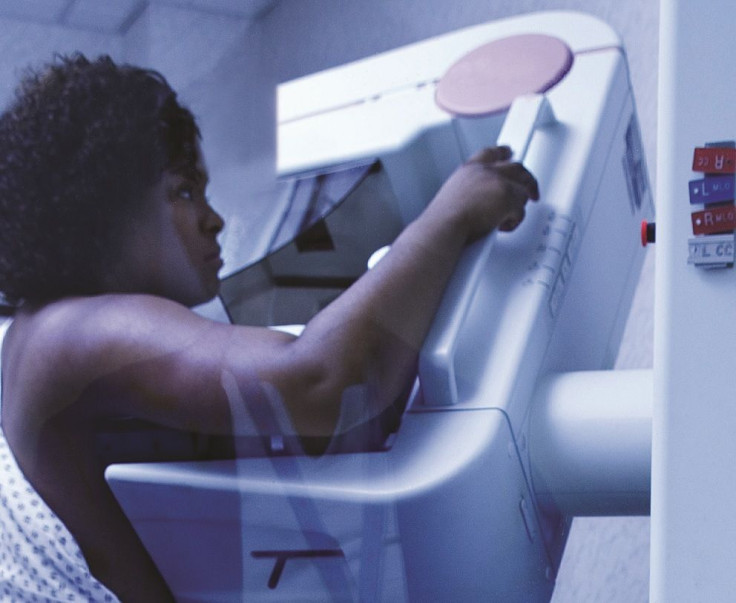Preventable Breast Cancer Deaths Linked To Poverty

A British study presented at the National Cancer Research Institute conference found that hundreds of deaths from breast cancer each year can be attributed to poverty in England. Women of lower socioeconomic status tend to receive their breast cancer diagnosis when the tumor is at a later stage, making their cancer more difficult to treat.
Scientists from Cambridge and Leicester Univerities examined data from 20,748 patients in East England who were diagnosed between 2006 and 2010. Women in affluent areas were diagnosed with breast cancer earlier than those in less affluent areas. If women of lower socioeconomic status received their diagnoses at stages comparable to affluent women, the researchers estimate 450 lives could be saved each year in England.
In England, where most residents benefit from publicly-funded healthcare, access to primary care providers and screening services is not as daunting a barrier to health as it is in the U.S. Yet, researchers found that socioeconomically disadvantaged women still waited longer to see their general practitioners (GPs) regarding their possible breast cancer.
"What we seem to see is that women from more affluent areas will go straight to their GP, seek help immediately,” Dr. Gary Abel of the University of Cambridge, told the BBC. “Whereas women from more deprived areas maybe tend to hold back before going.”
Investigators did examine other possible explanations behind the disparity. Women across the socioeconomic spectrum experienced the same tumor types in similar proportions, so there is nothing inherently different about the way cancer develops in affluent and non-affluent women. Researchers also found that once women brought their symptoms to the attention of their healthcare providers, there was no difference in time to receive a diagnosis.
Thus, the study concluded that earlier diagnosis for all women, economically deprived or not, should be the focus of public health efforts.
"By focusing on improving early diagnosis, particularly in deprived areas, we can have most impact in stopping women dying from breast cancer," Eluned Hughes, head of public health at Breakthrough Breast Cancer, told the BBC.
Cancer charities and researchers urge women to see their healthcare practitioners quickly once symptoms of breast cancer are observed. The most common symptom of breast cancer is a new lump or mass, painless or hard. Other possible breast changes that warrant further examination are skin dimpling, nipple retraction (turning inward), and swelling of all or part of a breast. Subtle changes through conducting thorough self breast examinations.
The link between cancer and poverty is not unique to breast cancer nor is it unique to the United Kingdom. A 2008 study examining cancer registries in 7 states — California, Colorado, Illinois, Louisiana, New York, Rhode Island, and South Carolina — found that less affluent patients had a 35 percent increase in mortality. A recent examination of breast cancer statistics in the U.S. showed that women living in poor areas had a 7 percent higher risk of breast cancer death compared to women living in affluent areas. This is partly explained by reduced access to mammograms; 72.8 percent of more affluent women reported having a mammogram within the last two years, compared to 51.4 percent of poor women.
Source: Rutherford MJ, Hinchliffe SR, Abel GA, Lyratzopoulos G, Lambert PC, Greenberg DC. How much of the deprivation gap in cancer survival can be explained byvariation in stage at diagnosis: an example from breast cancer in the East ofEngland. Int J Cancer. 2013.



























